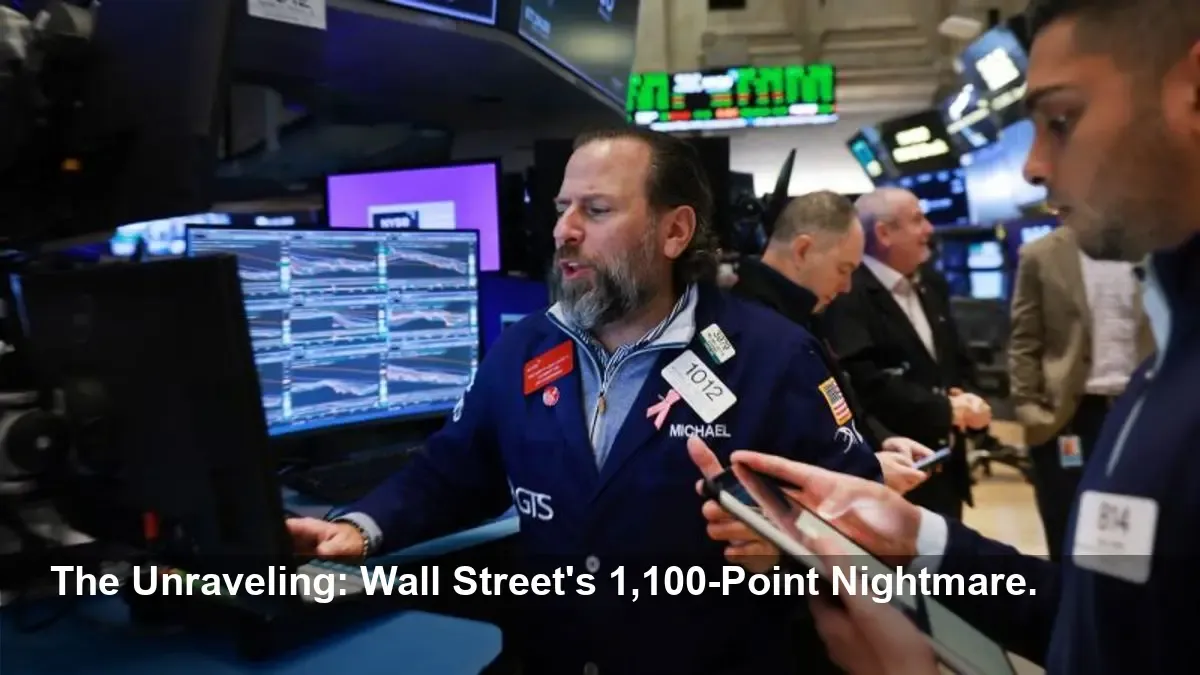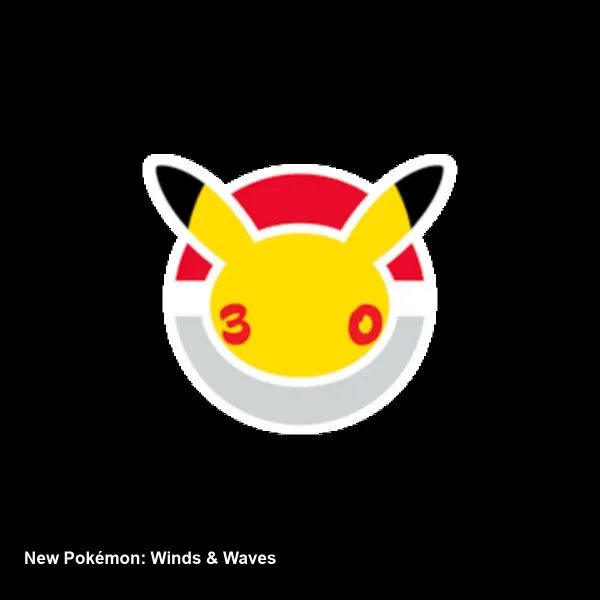Market's Brutal Reversal: Don't Get Caught Off Guard

- Shocking Reversal: The Dow Jones Industrial Average experienced a wild 1,100-point swing, wiping out a 700-point gain to close nearly 400 points down.
- Dual Fears Resurface: Initial optimism from Nvidia's strong earnings and a seemingly positive jobs report quickly soured into fears about an AI bubble and the Federal Reserve's next move.
- Widespread Sell-Off: The S&P 500 dropped 1.6% and is now down over 5% from its recent all-time high, while the tech-heavy Nasdaq tumbled more than 2%.
- Fear Gauge Spikes: Investor anxiety is surging, with the VIX volatility index hitting its highest level in months and the CNN Fear and Greed Index plunging into "extreme fear."
Wall Street's Reckoning Day Arrives
A day that began with euphoric relief on Wall Street ended in a brutal reckoning, as a massive market rally evaporated in spectacular fashion. Investors were left reeling from an 1,100-point reversal in the Dow, a stark reminder that the market's biggest questions—the sustainability of the AI boom and the direction of Federal Reserve policy—remain dangerously unanswered.
Thursday morning initially felt like a breakthrough. Markets surged after Nvidia reported another quarter of blowout earnings, seemingly calming fears of a slowdown in AI demand. This was followed by a jobs report that, at first glance, suggested a cooling labor market, leading many to bet on an interest rate cut from the Fed in December. The Dow soared by over 700 points, and it seemed the recent market slide was over.
From Euphoria to Panic
The optimism was short-lived. As traders dug deeper, the narrative began to unravel. The very strength of Nvidia’s report sparked a new fear: could the AI chipmaker possibly maintain this astronomical pace of growth? The market began to question if the AI rally had reached its peak.
"People are trying to figure out A.) What’s better than off the charts in terms of what Nvidia can say from here and realizing that there’s no reward at these levels," explained Michael Block, market strategist at Third Seven Capital.
Simultaneously, a closer look at the jobs report revealed a more complex picture. While the unemployment rate rose, hiring was stronger than expected, suggesting the labor market wasn't weak enough to force the Fed into a rate cut. The easy answers investors thought they had received just raised more difficult questions.
The Damage Report
By the closing bell, the gains were a distant memory. The market resumed the slide that has defined recent weeks, with major indexes and key assets taking a significant hit:
- The Dow closed down nearly 400 points.
- The S&P 500 fell 1.6%, pushing it more than 5% below its recent Halloween high.
- The Nasdaq tumbled over 2%.
- Nvidia (NVDA), which had been up 5% earlier, reversed course to close 3% down.
- Bitcoin also suffered, falling from over $92,000 to near $86,000.
Uncertainty Looms as Fear Takes Over
With markets on track for their worst week in seven months, Wall Street finds itself right back where it started: consumed by uncertainty. The CNN Fear and Greed Index is now firmly in “extreme fear” territory, and the VIX, Wall Street's so-called "fear gauge," has spiked to levels not seen since the turmoil in April.
Until investors get clear and satisfactory answers on AI and the Fed, the one guarantee is more volatility. But with holiday vacations approaching and a slowdown in government data releases, those answers aren't likely to come anytime soon.





